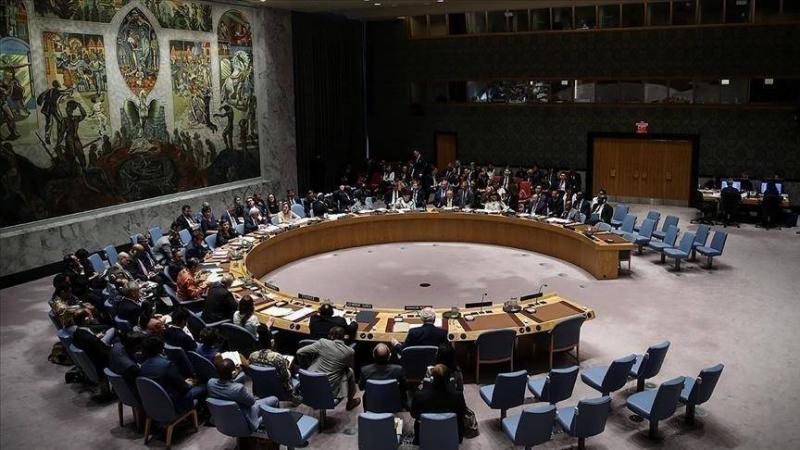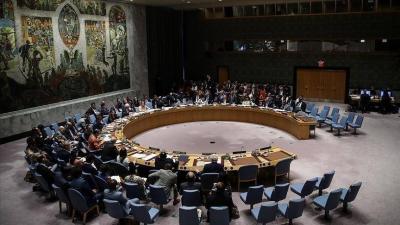The ruling issued by the Special Tribunal for Lebanon has cast its shadow over international stances towards the country. This ruling is expected to lay the groundwork for a new phase in international dealings with Lebanon, alongside some changes in the internal landscape. It does not necessarily imply a return to deep divisions or sectarian disputes, nor should it lead to a policy of severance among the various forces and components. However, it warrants serious consideration of the responsibilities imposed on various powers, particularly Hezbollah, to adopt a more modest approach to internal issues. Especially since displays of power or deriving political stances through imposition or threats are no longer effective and yield no positive or desired outcomes.
Political sources commented through "Al-Anbaa" electronic platform, stating: "The party must take a bold stance to abandon all mechanisms that have controlled its political paths, whether resorting to power, betrayal, or exclusion, all of which have led to successive crises regarding both physical and symbolic assassination of political life in Lebanon, as well as in the economy and essential sectors." They added, "What is happening should compel the Lebanese to assume their responsibilities in quickly forming a government through an approach different from all previous approaches, according to a serious mechanism to seek an agreement with the International Monetary Fund, approve a financial recovery plan, and accomplish constitutional obligations. There should be no neglect of the border demarcation issue and protection of resources, especially since Lebanon is experiencing its worst financial crises and its resources are threatened, while all equations of power have proven ineffective so far, and demonstrations have not safeguarded the country and its assets."
In light of this ruling, Lebanon is awaiting two key milestones. The first is the designation of a new individual to form the government, where meetings and communications between different forces are ongoing to seek a consensus figure to form a government that conveys a positive impression to both Lebanese citizens and the international community. In this context, "Al-Anbaa" indicates that the coming days will witness successive meetings among several political and parliamentary forces to reach an understanding.
In this framework, the movement led by Saudi Ambassador Walid Bukhari stands out—first with the meeting he organized for political and religious figures from the Sunni community, attended by former President Fouad Siniora and Grand Mufti of the Republic Sheikh Abdul-Latif Derian, in addition to meetings he held with a number of Sunni MPs to discuss the issue of consultations for designation.
The second milestone concerns Lebanon's anticipation of Israel's response to the Lebanese proposal brought by U.S. Energy Security Envoy Amos Hochstein. Here, Lebanon faces two possibilities: either returning to negotiations in Naqoura or Israel's refusal and insistence on continuing extraction operations, which may necessitate Lebanon's movement towards the UN Security Council and precise diplomatic follow-up to prevent any deterioration of security and military conditions.




